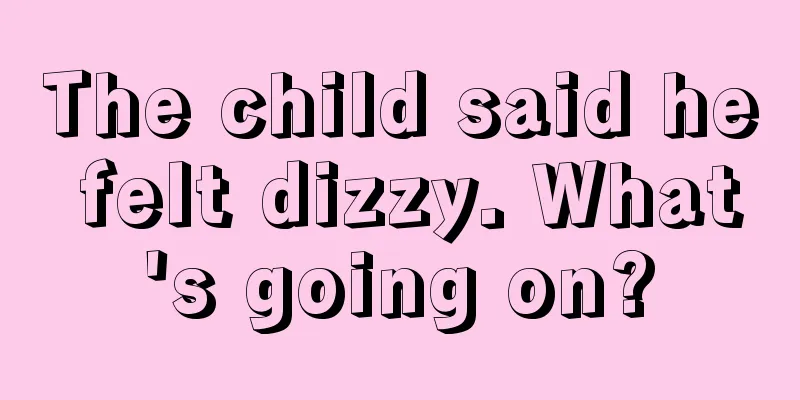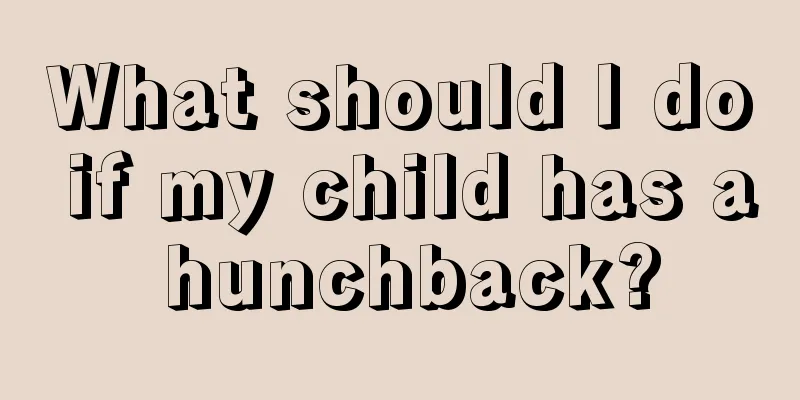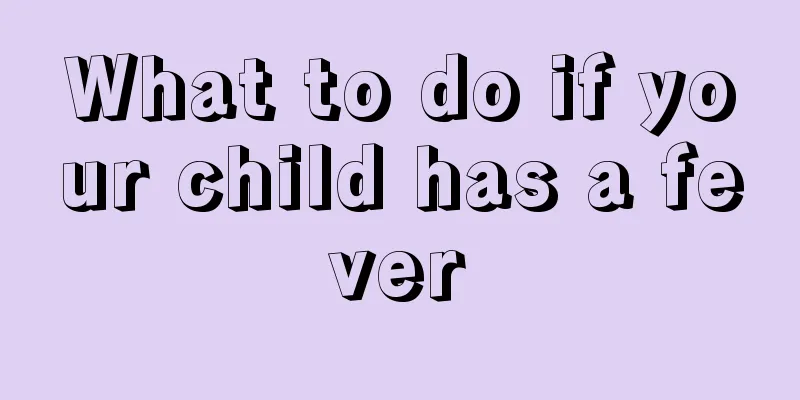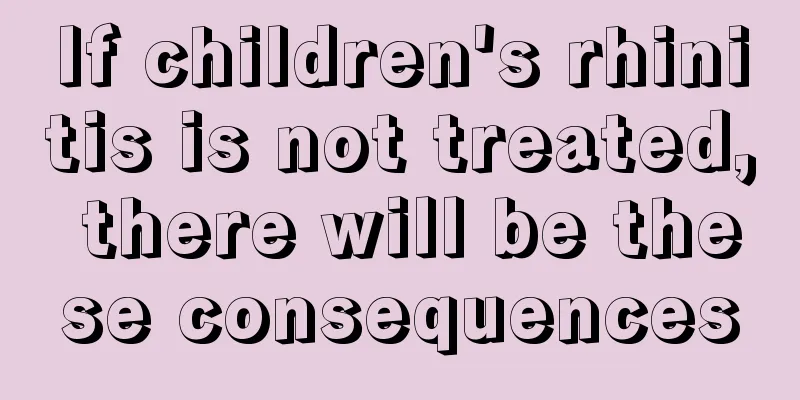The reason why three-month-old babies drool a lot
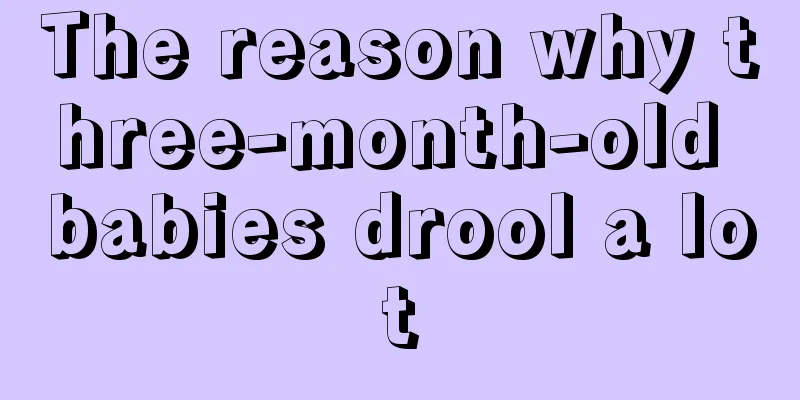
|
After birth, many babies learn to roll over and crawl. However, careful mothers will observe that three-month-old babies drool a lot. Mothers will worry whether this will affect the physical development of their children. In fact, mothers' worries are unnecessary. Let's find out what is going on in the following article. The saliva secretion function of newborn babies is not perfect, the amount of saliva is less, and they generally do not drool. After 4-5 months, as complementary foods are gradually added, deciduous teeth begin to erupt, the secretory function of the salivary glands begins to strengthen, and the amount of saliva continues to increase. However, since the child's mouth is shallow and the ability to swallow saliva has not yet been formed, excessive saliva will involuntarily flow out from the corners of the mouth, which is commonly known as drooling. This is a normal physiological phenomenon, especially common in children aged 1-2 years old, and parents do not need to worry about it. Children after two years old gradually learn to swallow, and this phenomenon will disappear naturally. However, diseases such as stomatitis and sequelae of encephalitis can also cause drooling. If a child has ever suffered from such diseases, he should go to the hospital for examination and not let it go on. Starting from 4 months after birth, the amount of saliva secretion increases gradually due to the development and improvement of the salivary glands. At this time, children cannot swallow the saliva into the stomach, nor can they spit out the saliva when necessary like adults or older children. Therefore, children tend to drool starting from around 4 months old. Some children drool so much that their chins and clothes on their chests are often wet. As one parent said, "My child's chin is wet all day long, I could almost 'raise fish' there." At the same time, due to excessive accumulation of saliva in the mouth and throat, children can often hear "gurgling, gurgling" or "huffling, huffling" sounds in their throats, whether during the day or at night. The sound may worsen when lying on their backs or when the child's body position changes, sometimes accompanied by a choking cough. Especially when the child is awake and moves his hands and feet around, the "phlegm" and choking sounds are more obvious. These are all normal phenomena. As children grow older and gradually learn to swallow their saliva actively, this phenomenon will slowly improve or disappear. However, the time of improvement or disappearance is different for each child. Some may disappear as early as 8 to 9 months, while others may still be drooling at around 2 years old. From the article, we learned that 3-month-old babies drool a lot because there are too many secretions in their mouths at this time, and the children cannot control it, so it is easy for them to drool a lot. So mothers don’t need to worry, it will be fine when the children grow up. |
<<: The reason why a four-month-old baby drools a lot
>>: Normal blood pressure range for adolescents
Recommend
What causes a three-year-old to be allergic to milk?
Many people are naturally sensitive to some thing...
What causes children to be angry?
Children's emotional problems make parents fe...
The symptoms of papules in children are actually very obvious
Once infants and young children suffer from papul...
Is it good for children to eat cheese?
Everyone is familiar with dairy products, and man...
What are the reasons for children being too low in weight and how to treat them
Many parents are worried about the growth of thei...
What is the appropriate water temperature for a newborn baby's bath?
Bathing a newborn is a difficult problem for ever...
Is there any evidence that premature babies are smart?
There is a rumor among the people that premature ...
What are the causes of hypospadias in babies?
At present, among the common men's diseases, ...
Success rate of pediatric hip surgery
As newborns grow up gradually after birth and lea...
What causes motion sickness in children?
More and more people like to travel with their fa...
Baby skin ringworm
After the baby is born, parents will take extra c...
How to correct the outward-facing toe better
During the development of the fetus, it will be r...
What should I do if my child is constipated? These foods are simple and effective
It is not recommended to use medication for child...
What is the reason for children's late tooth replacement?
Tooth replacement is an inevitable experience for...
Shocking! 12 kinds of daily food are the killers of baby health
The health of the family is the wish of every hou...

